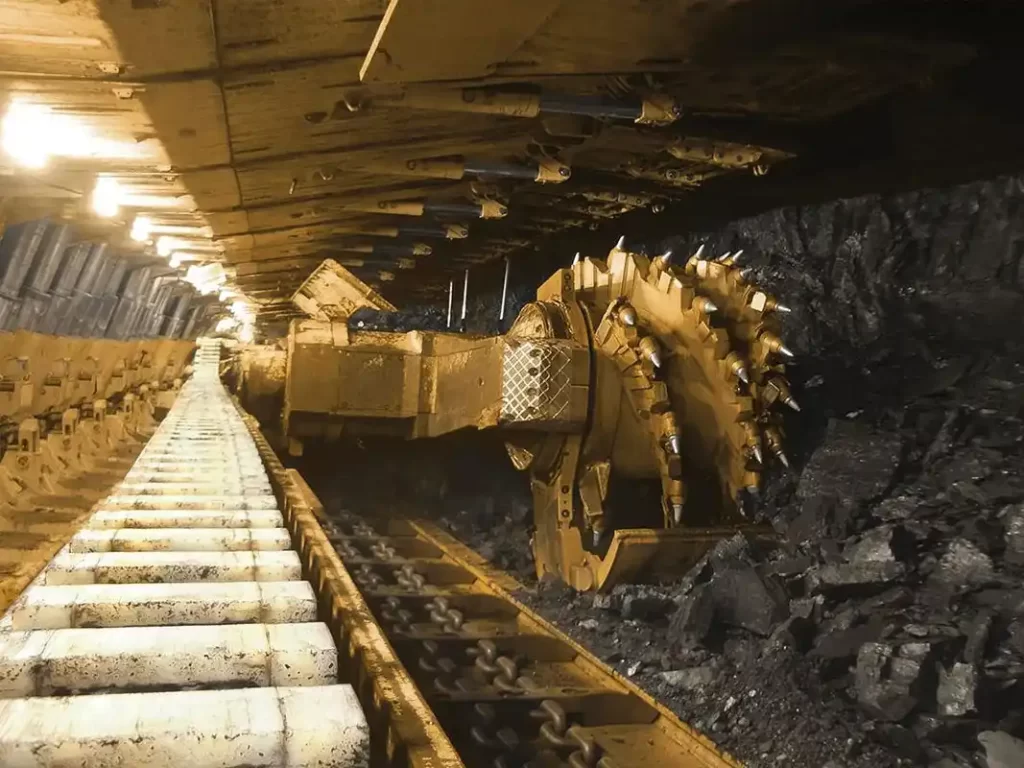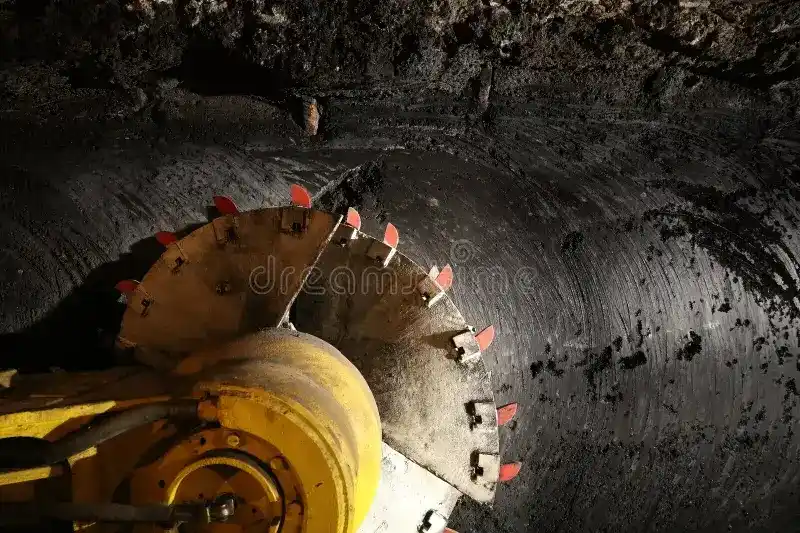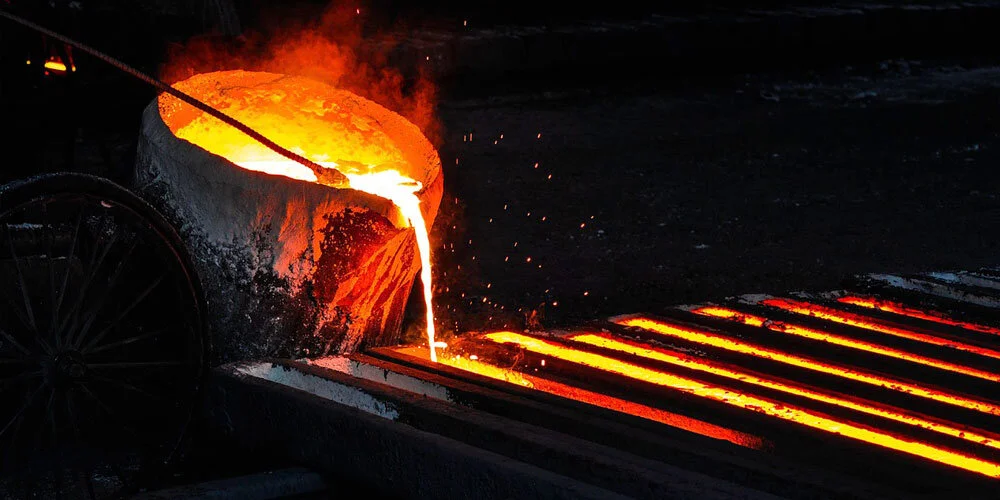Temperature Control in Heavy Equipment Repair
In the heavy equipment and custom component manufacturing industry, temperature control plays a vital role. Uncontrolled temperature can lead to various issues, from decreased machine efficiency to component failure, potentially resulting in serious incidents in the field.
Companies like SSC Works, specializing in the repair and manufacturing of heavy equipment components, ship engines, and other industrial machinery, ensure that temperature management is conducted properly to maintain the quality and durability of components. This article will discuss in-depth the importance of temperature control, common field incidents, and appropriate initial handling measures.

Why is Temperature Important in Heavy Equipment Repair?
Maintaining Machine Performance
A stable temperature ensures that heavy machinery operates efficiently. Excessive heat can cause overheating, while low temperatures can hinder optimal machine operation.Preventing Component Wear
High temperatures can cause excessive expansion of components, accelerating wear or even cracking. Conversely, low temperatures can make materials brittle and more prone to breaking.Reducing Fire Risks
In many cases, heavy equipment fires are caused by oil or fuel leaks coming into contact with hot engine surfaces. Without proper temperature control, this risk increases.Improving Fuel Efficiency
Machines operating at optimal temperatures consume fuel more efficiently. Poor temperature control can lead to higher fuel consumption and increased operational costs.Ensuring Operator and Worker Safety
Uncontrolled temperature can lead to various incidents, including engine overheating, explosions, or fires, posing significant risks to worker safety.
Common Temperature-Related Incidents in the Field
1. Overheating in Heavy Machinery
One of the most frequent problems is engine overheating, which can be caused by various factors such as:
Poor coolant circulation.
Dirty or clogged radiators.
Incorrect or degraded engine oil.
Excessive workload in extreme environmental conditions.
If not addressed promptly, overheating can cause permanent damage to engine components such as pistons, cylinders, and cylinder heads.
2. Fires in Electrical and Hydraulic Components
Hydraulic oil leaks that come into contact with hot engine surfaces can lead to fires. Additionally, electrical short circuits due to high temperatures are a major cause of fires in heavy equipment.
3. Component Cracks or Breakages Due to Extreme Temperature Changes
Materials like steel and iron can undergo structural changes due to sudden extreme temperature shifts. For example, when heavy machinery operating at very high temperatures is suddenly exposed to cold water, components may crack or even break.

Initial Handling and Prevention of Temperature-Related Incidents
To prevent and address temperature-related incidents, the following measures can be taken:
1. Routine and Preventive Maintenance
Regular maintenance is crucial to ensure all components are in good condition and free from leaks or blockages that can increase engine temperature. Routine tasks include:
Inspecting and cleaning radiators.
Regularly changing oil and coolant.
Checking for leaks in hydraulic and fuel systems.
2. Regular Temperature Monitoring
Using temperature sensors and real-time monitoring systems can help detect abnormal temperature increases before they lead to damage or incidents.
3. Using the Right Oil and Fuel
Ensure that the oil and fuel used meet the machine’s specifications. Using oil with a low flash point can increase the risk of fires.
4. Utilizing Heat-Resistant Materials
In manufacturing and repairing components, SSC Works uses materials resistant to high temperatures to ensure durability and safety in extreme conditions.
5. Operator and Technician Training
Operators and technicians must be trained on temperature control and emergency measures in case of overheating or fires.
Conclusion
Temperature control is a critical aspect of heavy equipment repair and custom component manufacturing. Uncontrolled temperature can lead to severe issues, from reduced efficiency to fire hazards and workplace accidents. Therefore, regular temperature monitoring, the use of heat-resistant materials, and proper operator training are key to preventing incidents in the field.
SSC Works, as a leading provider of heavy equipment repair and custom component manufacturing, ensures that every component produced and repaired undergoes rigorous temperature testing to guarantee safety and reliability.
If you need professional services for heavy equipment repair or custom component manufacturing, contact SSC Works now via WhatsApp for further consultation!

